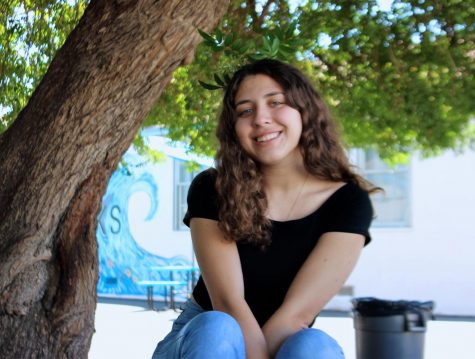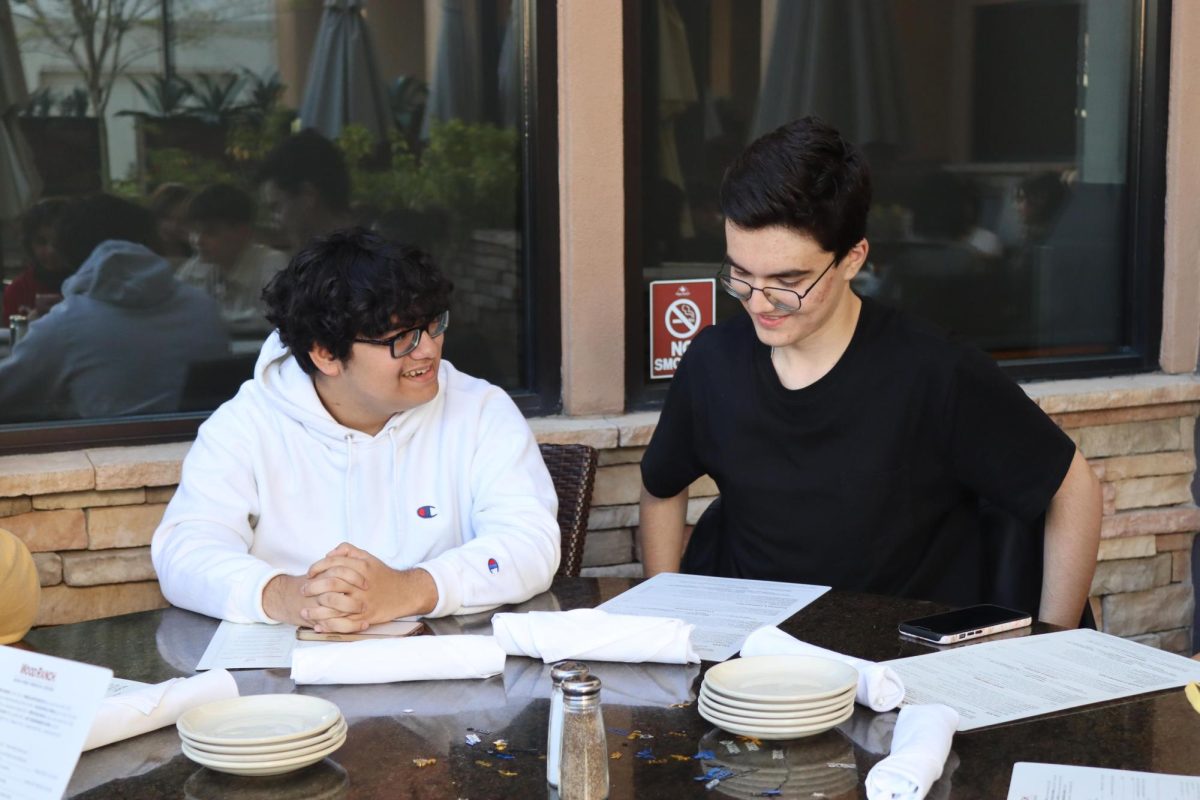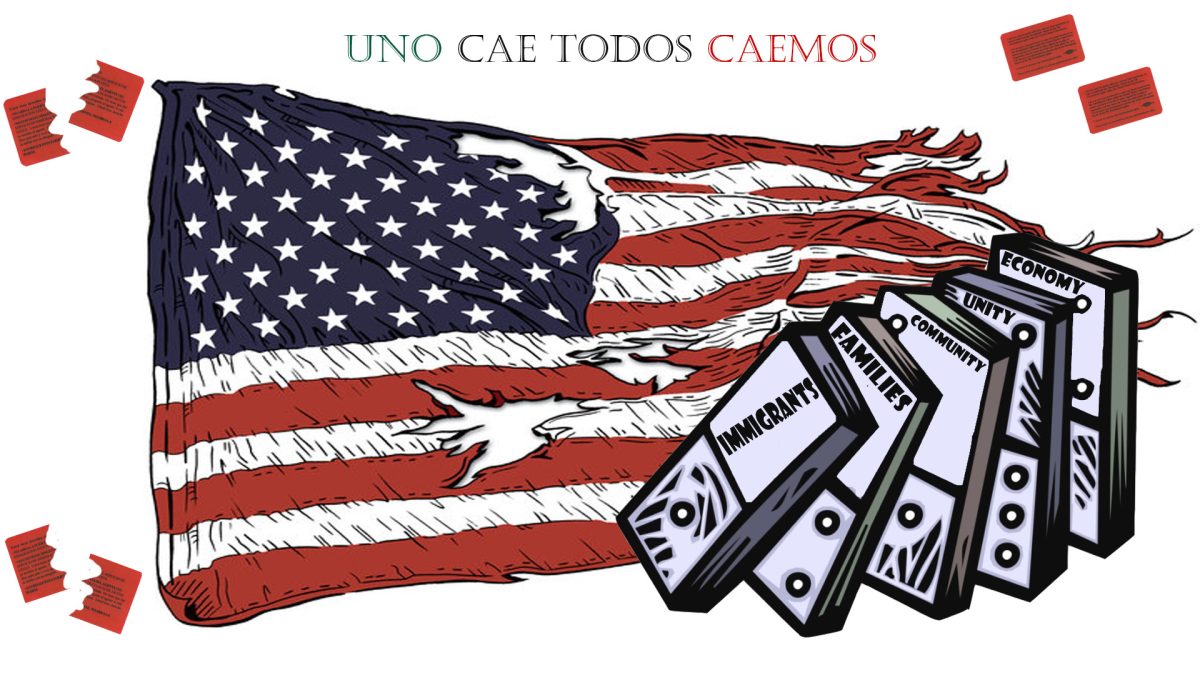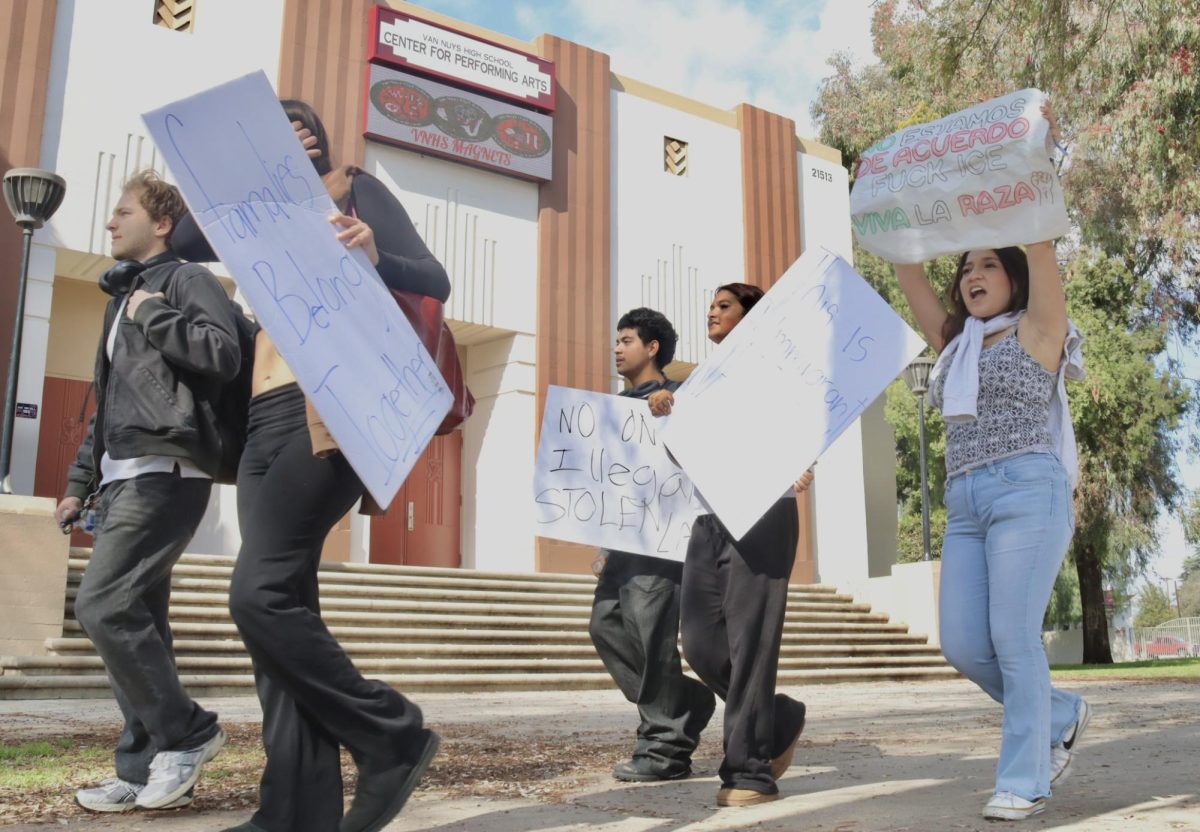Diversity in comics hit home
May 26, 2016
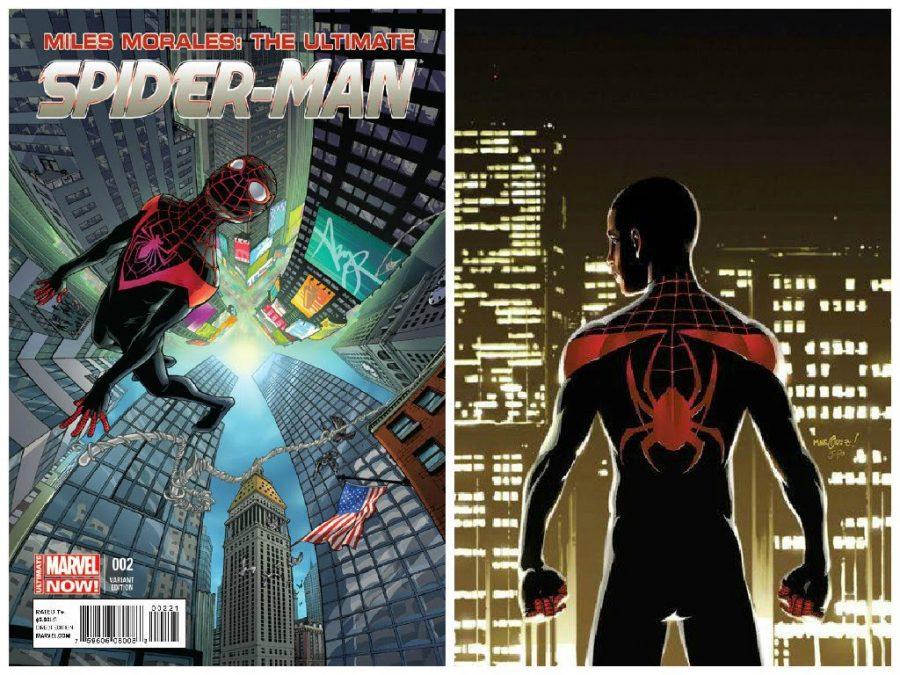
Comic books have started making more diverse characters in terms of race and gender.
The two top publishing companies in the comic book industry, DC and Marvel comics, have introduced new versions of classic characters that appeal to a wider spectrum of readers. For example, Marvel comics introduced Miles Morales, an African-American and Puerto Rican version of Spider-man, back in 2011 to replace the “dead” Peter Parker in the Ultimate Universe. They have noticed how accepting and mature the new generation of readers are when faced with social issues and have taken advantage of this to include more diverse characters.
Race, sexuality and gender roles are all social topics the new characters embrace and confront. It has allowed for there to be a relevance in these characters that appeal to readers who also have these same characteristics. The new audience can now realize how comics can be a reflection of today’s diverse and changing global society.
As a way to attract a new diverse audience into becoming a part of the comic book family for years to come, comic book publishers have created more diverse characters that audiences can relate to.
“I think it’s amazing how they are beginning to integrate the characteristics many of youth have today, making these comics more relatable,” sophomore Ryan Sokolov said.
In contrast to the usual Caucasian straight male that plays the role of an important superhero or villain, characters of different ethnic backgrounds, sexuality and gender are put into play.
In the Marvel Universe, for example, in the “Thor: Ragnarok” reboot, a woman is introduced as the new holder of Thor’s hammer and becomes the new goddess of thunder.
These are choices the comic book industry hasn’t seen in the past 80 years and it’s these choices that are beginning to bring a whole new audience to comic bookstores.
Having all these new characters who speak to this diverse audience allows for them to picture themselves as any superhero. There are no longer racial, gender or sexuality-based barriers surrounding the Marvel and DC universe, allowing for kids to have a certain superhero that they can look up to because that character is gay or that character is African American.


